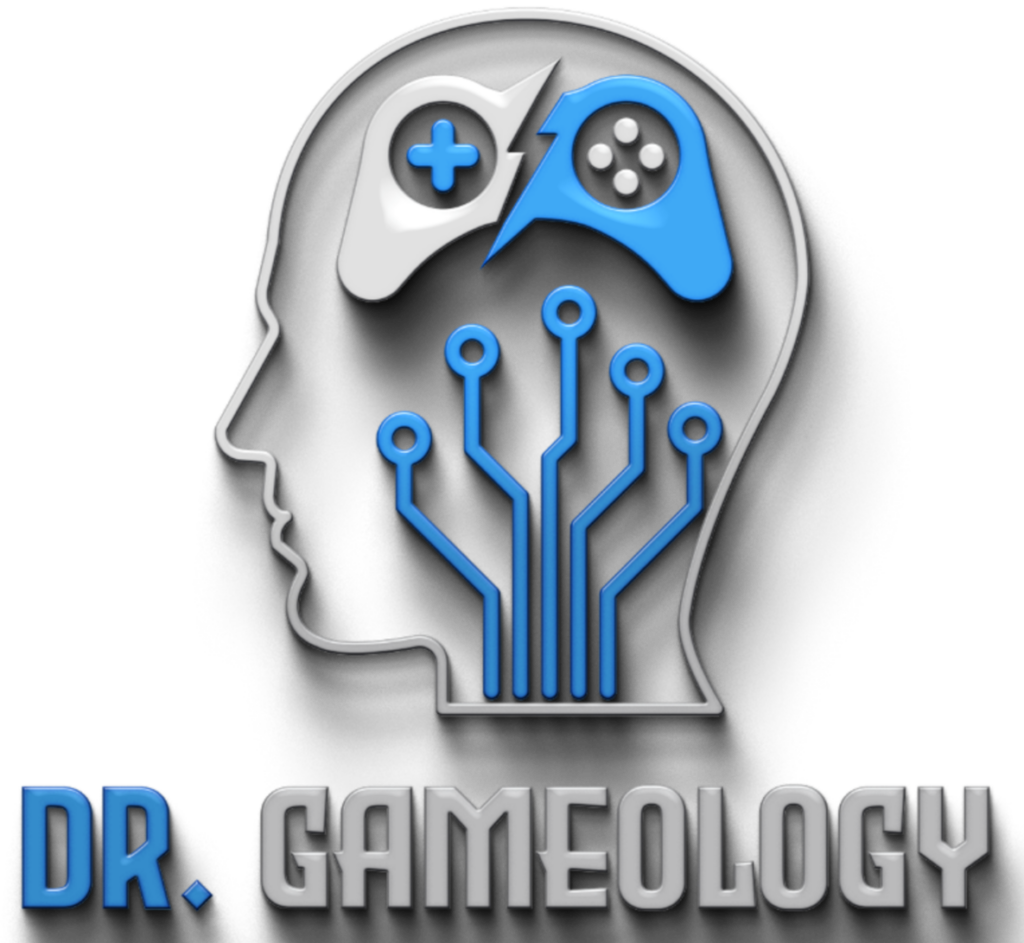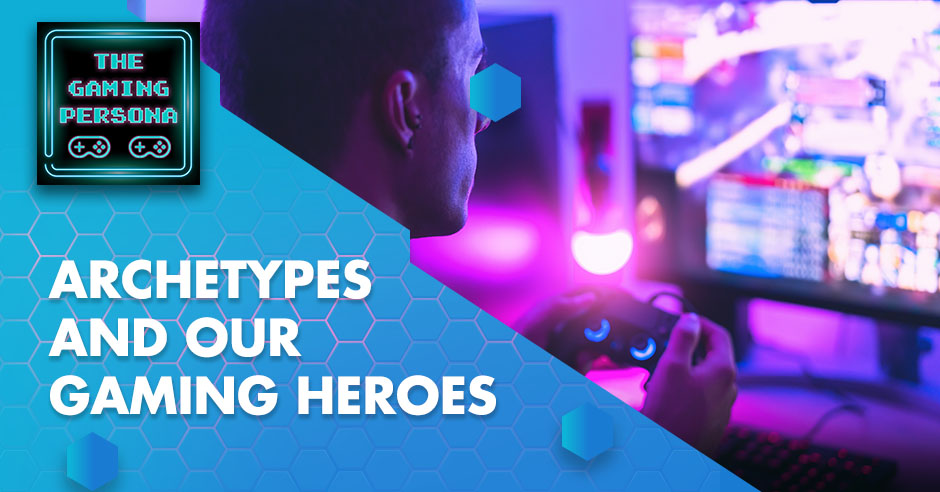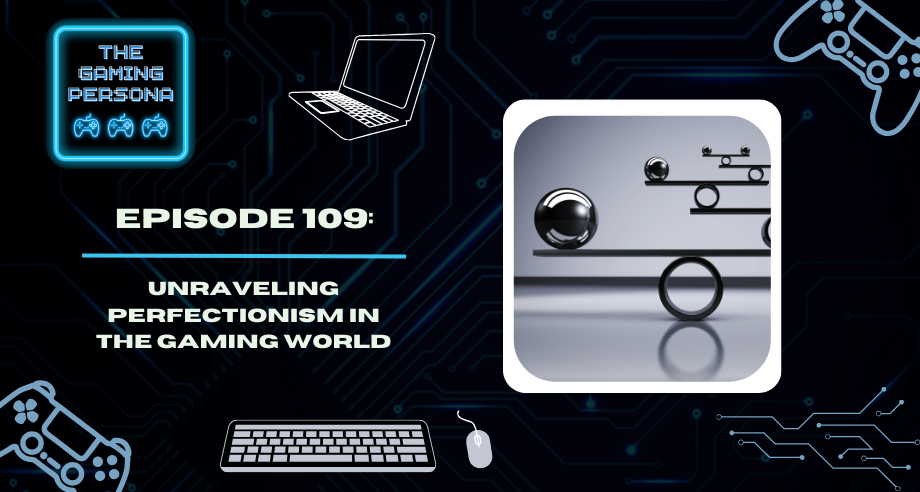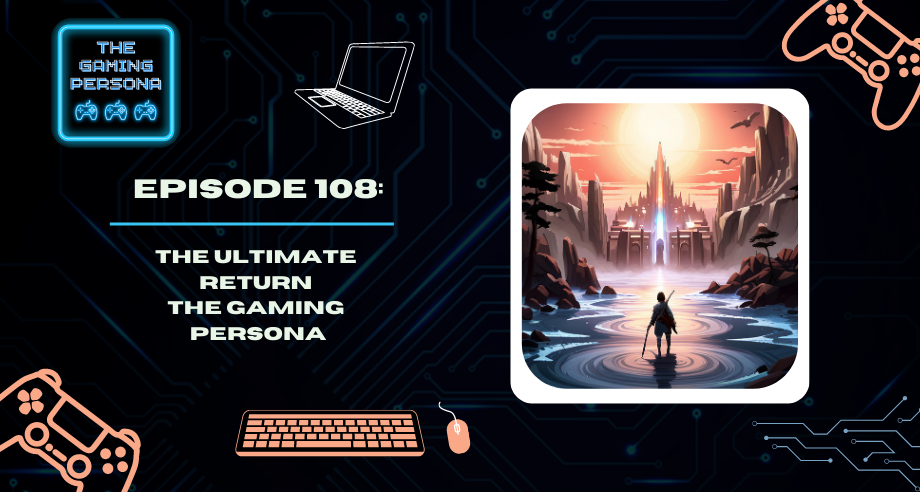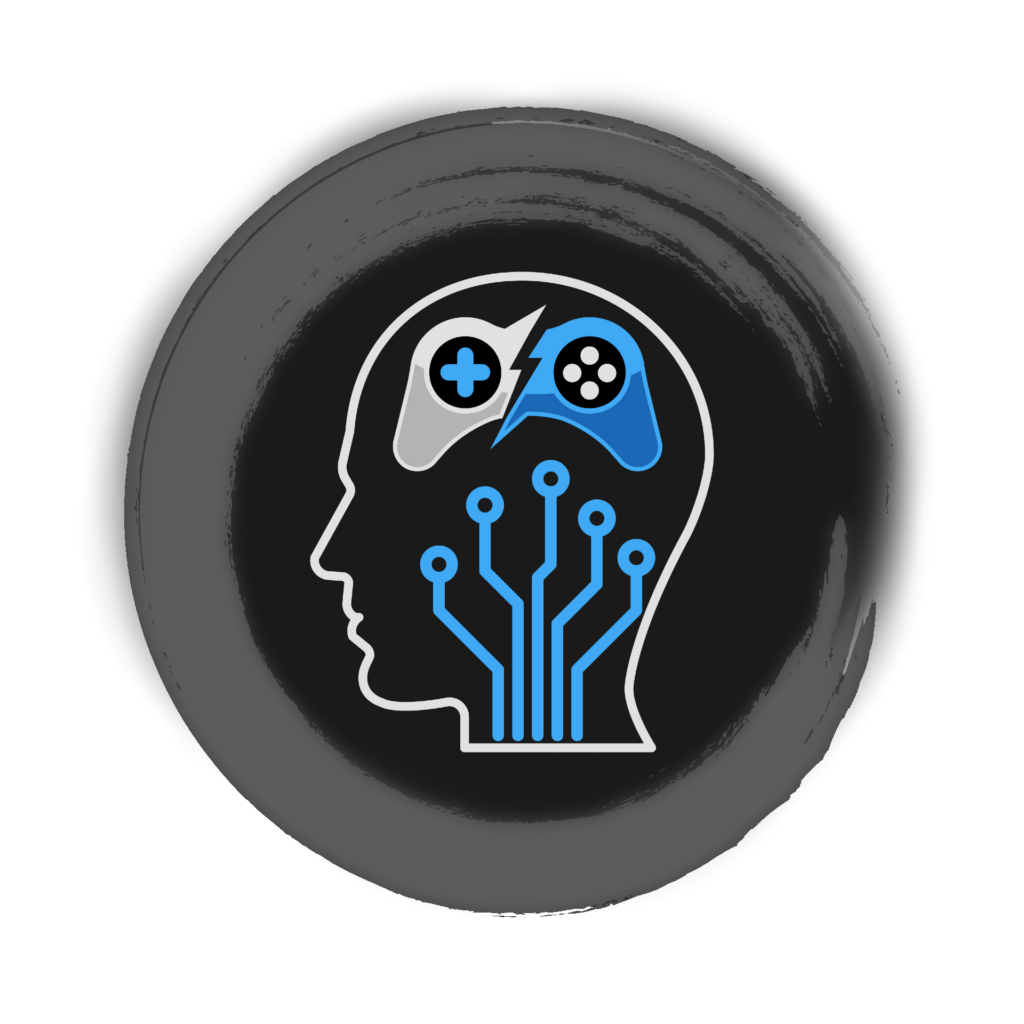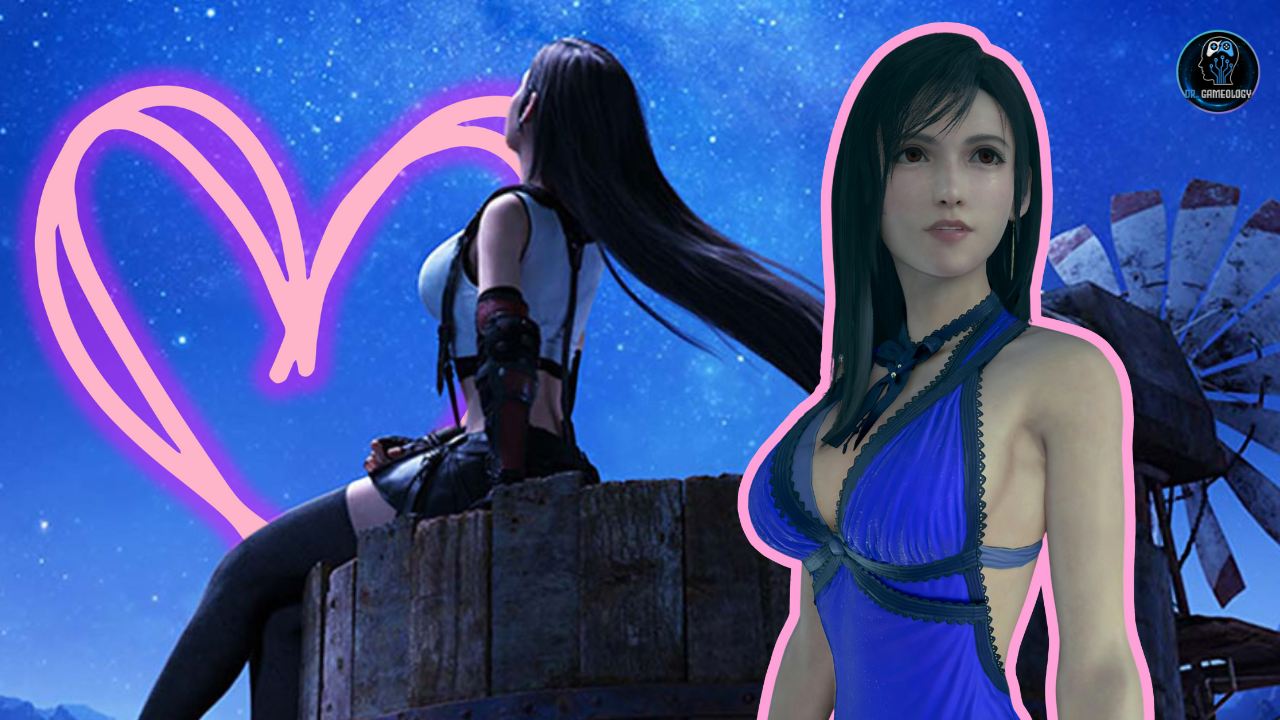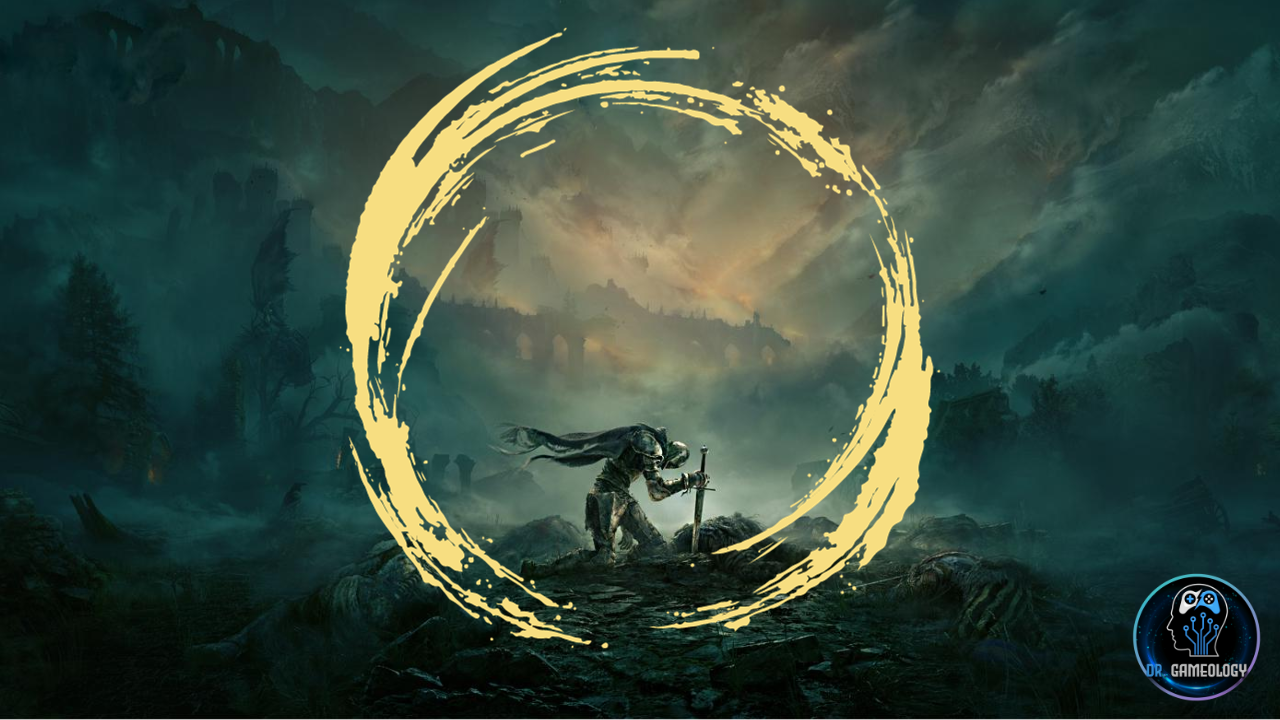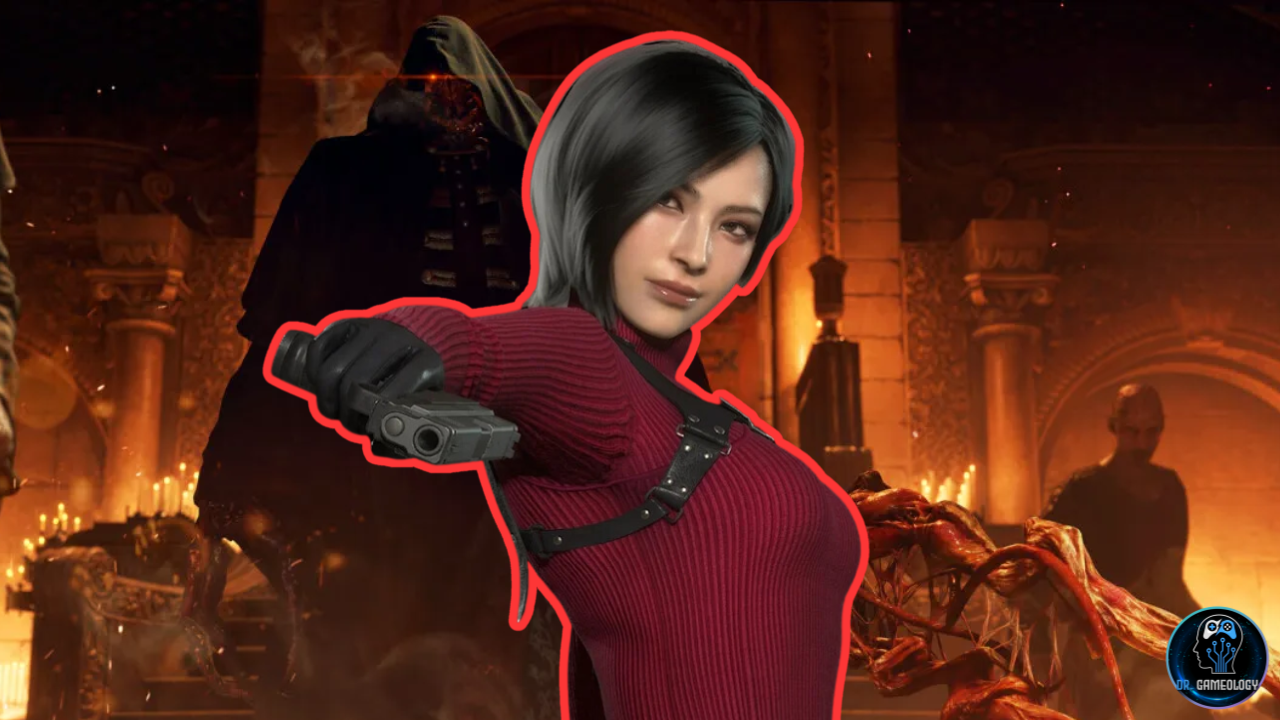In this episode, Dr. Gameology and Jenny review the concept of video game archetypes and apply them to characters from various video games. This Jungian concept has been applied to all forms of literature and media with characterizations of different heroic traits and personal aspirations.
We start first with the psychological concept and then move into video game-centric perspectives on the research of gaming experiences. This conversation helps players notice deeper connections between themselves and the heroes they enjoy carrying through the conflict of their favorite gaming stories. We can always apply these ideas to the way we seek to handle our challenges in our lives when we become inspired by the paths to success we can witness in video games.
—
Listen to the podcast here
Archetypes And Our Gaming Heroes
What are we going to talk about from the world of video games in this episode?
We are going to talk about archetypes and video games.
I’m excited about archetypes because we get to learn about those when we’re doing the Jungian chapter on counseling theories. I go on and on, still talking about archetypes and then mention the word persona, also Jungian, and then I’ll go on and on. My students hate these ideas because it’s not cool to like the things that I like.
I like the things you like.
To understand archetypes, you need to understand what it is about you that makes you different from other people. Share on X
That’s so nice. Let’s get into the ordinary world where we share everyday life through our games. Jenny, did you play video games?
Not video games, but I did play some other pretty cool games.
Do you mean games without an electrical cord associated with it?
Yes. I played a game called 7 Wonders. It was fun. I’ve been daydreaming about playing it again because once I understood what to do, it was addicting for me. We played four rounds. It’s one of those games that is, at least to me, pretty complicated and hard to explain unless you play it. There are three different decks of cards. There are little tokens. There are resources, attack phases, and victory points that you need to gain. There are so many different little pieces of the game to understand, but once we started playing, it was very easy to understand.
It’s a game where the goal is to get the most victory points. You gain victory points by combining resources, building different things, researching, and using different science tokens or science-based cards to research things. You can also get victory points by drawing cards that give them to you. It’s a card drafting game. Once per turn, each player draws a card from their hand, you pass the card to the next player, and you do that repeatedly until they’re all gone. I don’t know how well I explained that. As I said, it’s hard to explain unless we’re playing it, but it was a lot of fun. I did pretty well, and I can’t wait to play it again.
That is cool sounding, although I admit I don’t understand the point after listening to your description. I want to say that with board games, I’ve often found that the first time you play is a trash run anyway. You’re trying to figure out the problem-solving process, especially if you’re the person with the instructions in your hand that people take their not fully formed understanding of the game, and then try things.
It’s somebody’s job to look at the rules and decide if you can do that, if we’re understanding the goal correctly, and if we’re understanding the boundaries of what’s allowed and what’s not allowed correctly. In my experience, when you’re playing a tabletop game, you usually get to a point where you realize 80% of everything you did was wrong because it was founded on an incorrect idea about how to play the game.
Luckily I played with people who had already played many times, so I learned other people learn strategies from what other people were doing. It was an interesting game.
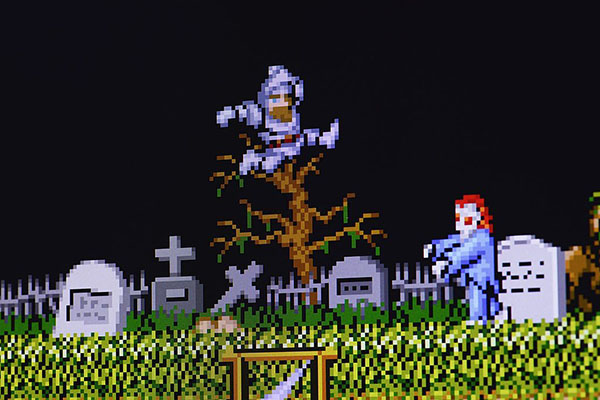
It’s your observational learning. I get this feeling like your Chewbacca in Return of the Jedi, and Han is like, “Just play casually.” There are so many things for me to talk about in the world of video games for Dr. Gameology. I’m going to run them down. Probably the biggest thing is they have announced Kingdom Hearts 4. Kingdom Hearts is one of the most important video game franchises for me because it teaches me a lot of things.
In fact, I did a supervision session with a student where the example of standing up for the side of positivity, which is the light, in this case, is not always the thing the client needs. Sometimes they need a counselor that’s able to go and understand the darkness with them. Kingdom Hearts feature two protagonists. They’re not Disney characters. Their names are Sora and Riku. Are you familiar with Sora and Riku?
I’m familiar with Sora, but not Riku, only because Sora is a Smash Brothers character.
Sora is a Smash Brothers character, and he transcends the franchise. He’s probably one of the most known video game characters of all time when you’re talking JRPGs. It’s because of that Square Enix Final Fantasy Disney energy he brings to the table. Sora is known if you follow the story for being involved in this sprawling mythological narrative that philosophically is impossible to understand. It’s about the light’s struggle to overcome darkness, and that is Kingdom Hearts, a mythological force of energy in the sky that is either overcome by the goodness of light or the darkness of evil.
The characters are trying to understand this force better and take control of it, or the good characters restore it to the light. Sora is that unending optimism. One of the things that he says in the first game, when he’s about to be defeated by evil, and evil is so sure that they’re going to win, is that Sora draws power from his friends. It’s pure, sappy optimism.
That’s my kind of thing.
I would like to say that I am happy to volunteer at this moment to be your Riku as we battle the concepts of mental health with each episode of the show. That announcement we can take with a grain of salt. All that means is that someday, Kingdom Hearts 4 will come out. There will probably be a couple of extra zeros on our episode count by then. The third digit for 2022 probably will be a 3.
I hope not, but I’m looking forward to it.
When playing video games, connection with others is very important. Share on X
Also, the LEGO Star Wars: The Skywalker Saga came out. Unfortunately, I have been busy with worky things and have not played it very much yet. I did start it. I have a very important psychological question for you. If you had a Star Wars game where you were able to play the trilogies in any order, meaning you can play Episodes 1, 4, or 7 first, what trilogy would you start with for your Star Wars Saga experience in LEGO worlds?
I would start with Episode 7. It’s not very popular, but I would.
I’m going to put you on the spot knowing me as your lifelong eternal inspirational cohost for your show. Which episode did I start with?
Episode 4.
I started with Episode 1.
Are you doing it chronologically?
Chronologically would be 4 for us.
I mean chronologically in terms of the story.

I thought about this long and hard because this is a personality test for everyone who’s playing this game. I was talking with my son about this. I know I interrupted myself with a completely different point, but he pointed out that you don’t have to do 1, 2, 3, 4, 5, 6, 7, 8, and 9. You could be completely insane.
You could do Episode 7 first but decide you don’t like Episode 8, then do Episode 4, but decide you don’t like Episode 5. Jump back and do Episode 8. Decide you’re done with this trilogy. Go back to Episode 1 so you can get some prequel characters and then jump into Episode 6, and then you could do Episode 2. It’s like, “I might as well finish Episode 9,” and then you go back to the pinnacle of lightsaber mastery, which is Episode 3.
They let you bounce around. That’s pretty cool.
You unlock the trilogies in order, so you cannot beat Episode 9 before 8 and 7, but just because you started one doesn’t mean you can’t jump into a different one.
That’s cool. I saw the trailer for the game, and it looks incredible. I’ve never played a LEGO series game. I know you love them, but the Skywalker looks cool.
I’m sure it is. Like all the games, I eventually will play all of them, but not now. I have played several different games, and this is because of my academic challenge. I played Rime, which is a game that is very similar to Journey, in my opinion. You run around and jump, and the action button is a song you sing. It’s very similar to Journey in how you earn your voice and use it to activate different objects in the environment.
It seems to be longer than Journey, but it came after Journey. It’s channeling very similar energy, but instead of looking at the hero’s journey, it’s looking at an ancient mythological take on grief and loss. That’s based on the trophy list. I got one trophy in the game so far unlocked. It said that I have been able to move on from denial. In the Kübler-Ross model of grief and loss, denial is the first stage of losing something. I will be more than happy to share updates on that game as I progress through it. It’s not very long. I just haven’t had time to finish it. I’ve played some other games, but we’ll put those in the background for now and move on with our topic. Are you ready?
I’m ready.
The best version of the world is in the mind of the creator. Share on X
Let’s answer the call to an adventure where we get into our topic for the week. Jenny, the keyword of the day is archetype. Have you interacted with that concept very much in the world space you exist in?
Not very much. I am familiar with it because we’ve talked about it a few times, but I’m not.
I’ve dragged the concept into your life.
I’m not super familiar with each of the different archetypes.
An archetype is a universally understood symbol of how a character interacts with their environment, what they’re called to do, and their method of achieving their success. This is a Jungian concept, and we see this in our different characters, in any form of media, like books and literature, and in ourselves. When I was building my private practice website, the company did a workshop with me to figure out what my archetypes are so that I could inform the design aesthetic for the website itself.
I ended up giving them a feeling that I aim for a sage with a hint of a magician in the way that I talk about different concepts, and the imagination that I have that allows me to circle ideas without ever having to stop talking about them. What I was thinking about for you just now is maybe there are different ways people approach the framing of their photographs or the way they use lighting, or maybe different methods that they’re likely to use more heavily or less heavily in the editing process. Maybe photographers have a bit of an archetypal approach the same way counselors have their theoretical and philosophical alignments.
That’s interesting. I would love to understand this a little bit more to see how that applies.
One of the cool things for us to do that will help us understand archetypes a little bit better is to understand what it is about us that stands out that makes us different than other people. We’ve done escape rooms together. The things that make us feel active and involved are not always the same thing. Our archetypes become our personalities in that locked room.

The way we approach solving a problem all the way down to our mannerisms, the way we carry ourselves, interact with other people, and why we’re interacting with other people can be found in our personality. Our personality is built on the foundation of the archetype. We have a standard set of titles for our archetypes. I want everyone reading this blog now that is not familiar with that word to think about your personality and what it is you hope people think about you when they’re in the same space, room, classroom, therapy room, and business as you.
There are different things that we aim to have happened. For Sora, he is an unceasingly positive supporter of the light. He believes in friendship as the main vehicle to get you through anything. His powers become impressive. He’s probably one of the most powerful video game characters I have ever seen if you level him up all the way. It is insane the kinds of anime-style fighting he can do. It’s magical, melee, and flying through the air. It’s gracefully aggressive.
The way that his dialogue and his fighting work create this perception of him that he is trying to connect with others and trying to stand up for anyone in anything, any Disney character or Final Fantasy characters. Sora has your back. You have a chance to be great. You have fallen into the darkness. You can come back because everybody can come back. Sora, as an example, I believe, makes me feel like he is the everyman archetype just from his belief in the power of friendship as being the ultimate trump card to defeat the darkness. I know I talked a lot about one archetype. Let’s go on the road of trials, where we face our challenges and discover our strengths.
In our preparation for the episode, I gave you a chart. It’s a circular chart that lists all of the archetypes that are normally used when we’re talking about Carl Jung and analytical psychology. There are four basic qualities in the center of that circle. I want to start there because the way that we try to get those qualities to happen is our archetype. While we’re getting started on our road of trials, can you go through that center circle? There are four quadrants. Can you tell our episode readers what those four styles of archetypal hero would be? Could you review those for our readers?
The first one is provide structure to the world. Next is yearn for paradise. Next is leave a mark on the world, and finally, connecting with others.
I shared from a clinical point of view what my website people at least think that I am. Which of those feels like speaking the strongest for what you try to accomplish when you’re in that room with others?
I’m going to say connect with others. It’s got to be something in that quadrant. That’s something that, at least when I’m playing video games, is very important to me and in my line of work. My friends, family, and personal life are the most important. Relationships are huge to me. I’m not sure of the three and the connect with others quadrant. There’s every man, which door I was. There’s jester and lover. This is difficult for me because if I were choosing based on the twelve different archetypes, I would choose caregiver, which isn’t a different quadrant.
That’s interesting. That’s in the provide structure to the world.
Engineers are not engaged in the battle itself but are essential for the main hero to survive. Share on XI wouldn’t have chosen that idea as something that I based my personality on. I probably will say every man.
Maybe it’s belonging. You tend to have friends in every game you play, unlike some people.
Every man has a hint of a caregiver.
They are right next to each other too. While I’m looking at this chart, I believe there is a purpose behind that. If you look at the creator, which is in the 11:00 portion of this circle, it is the topmost archetype for provides structure to the world because they are the game developers. They are creating the world. They are giving us a world that has video games. In that world, they’re creating it.
They’re using their imagination to make something exist. By adding that into the world, they’re making the world better, which is right next to yearning for paradise. The best version of the world is probably in the mind of the creator, the world that has my game where people can enjoy it. Creator is not in your paradise. It is in provides structure to the world.
In that case, I’m a little bit more of a caregiver than I am in every man.
Is it possible you are thinking about too many different rooms now and that we all have multiple things inside us?
It’s highly possible.
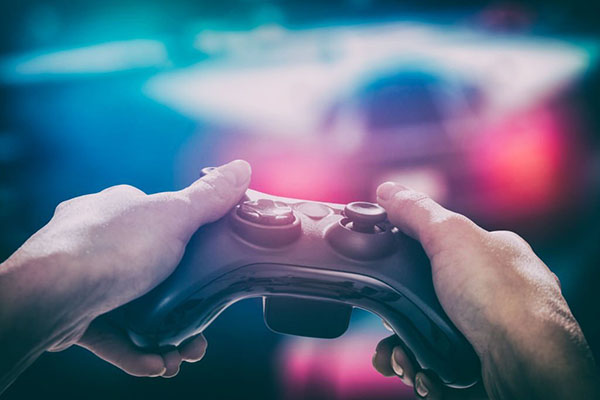
I’m the sage magician. I like the idea that we can restore ultimate logic to have a competent and efficient world, but the world has let me down so many times that I guess I’m going to have to fix it. Like that end credit scene where the Avengers have defeated all the enemies so many times that Thanos grabs the gauntlet and says, “I’m going to have to do it myself.” The magician part of me is I have been burned in too many poorly constructed group projects. I just know, “I guess I’m going to do everything.”
It’s because the grade is more important than my feelings. That confidence comes from video games, other academic situations, and the fact that people have let me down. It is a scar that has healed over, and I see it every day in my agenda that’s marked group project. We have our archetypes, and we use them in different rooms. I don’t think I have to use every one of these mentalities. Some of them I’ve rarely used at all. Some of them are not me in any way. When we get to play video games, our heroes give us a chance to dabble.
I see there is a very big difference between the way Alphinaud experiences joy in a situation and how Dante from Devil May Cry experiences enjoyment of a situation. I crossed the franchises in a very strange way, but it’s me. Devil May Cry is super important to me, but so is Final Fantasy. They are two very different characters. I would mark Dante as a jester. He’s making fun of the challenge all the time. Alphinaud is way too serious most of the time. He’s trying to philosophize everything and find its proper place of understanding.
I’m trying to think of any other video game characters that fall in line with one of these. It’s definitely a caregiver. The fact that I have not played Final Fantasy XIV in so long is devastating. There are so many things. I’m blanking on the name of this particular character that is a caregiver. I’m going to need you to help me to remember her name. She is a Lalafell. She makes you close all the time, and I love her.
Tataru? She is the mom of the group.
She is. I love Tataru.
In Pokemon, the caregiver is the combo of Nurse Joy and Chansey. They’re always walking around healing up your damage squad, getting them ready to do another set of battles.
There is Cid, who’s a creator. Maybe a lover. Who knows?
Leaning spells in video games represent knowledge in the actual world. Share on X
Maybe with the right player. That idea rises. Let’s do the ascent and elevate the topic. Jenny, there is a good chapter in a book that I read. The title of the book is The Video Game Debate 2: Revisiting The Physical, Social, and Psychological Effects of Video Games. It’s edited by Rachel Kowert and Thorsten Quandt. One of our good friends of the show, Tony Bean from Geek Therapeutics, wrote Chapter 7 of this book. The title of the chapter is Therapeutic Use of Video Games, also known as every episode of the show.
This is why he’s our friend. In his chapter, one of the terms that he takes as he links the first couple of topics to the direction of the final portion of his chapter, is he establishes a different chart of the archetypes for virtual characters. He shares this from one of his publications from a few years earlier. We have a different list here. These are not the Jungian archetypes. These are archetypal structures for the types of characters that we tend to see in RPG games. I’m going to pass it off to you without the description. We don’t need to waste time. Read the list of the archetypes for those different virtual characters.
There’s the orphan, warrior, healer, ranger, rogue, spellcaster, engineer, and athlete.
On the topic of you not playing Final Fantasy XIV for a long time, I included a picture of all the friends you would have in your virtual space if you recognize their faces. I’m done with all of the pluggings of black mage spells, but it is so much fun to do that. I’m in my ley lines philosophically now. I’m not moving. We have the scions here that we’re looking at. We have wonderful characters like Y’shtola, Alphinaud, Alisaie, and Thancred. If we had a different picture, we would also have your good friend, Cid. Cid is clearly in this list of archetypes with his own category. You would place him as what?
An engineer.
He’s a steady, calculating type. He’s there in several large-scale battles to repair machinery and clear a path for you. He’s not doing the battle himself, but he is essential for the hero character to survive, like the IT department in our job. Engineer is a job. They set up a society in a lot of different ways to be able to be efficient. These archetypes are labels that we see in video games, mythologies, and day-to-day life.
The fun thing about connecting it through our show is that we have talked about ourselves in different situations. We’ve talked about many different game franchises, and we’re starting to see that imagination gives us a better understanding of the situations we find ourselves in. Out of that list, when I ask questions like, “Which one are you trained to be?” You said caregiver for the classic Jungian archetypes. Which of those do you try to be in your virtual characters?
This is hard. It depends. I’ve tried to be the healer before, and it didn’t work out. It didn’t line up with how I like to play video games.
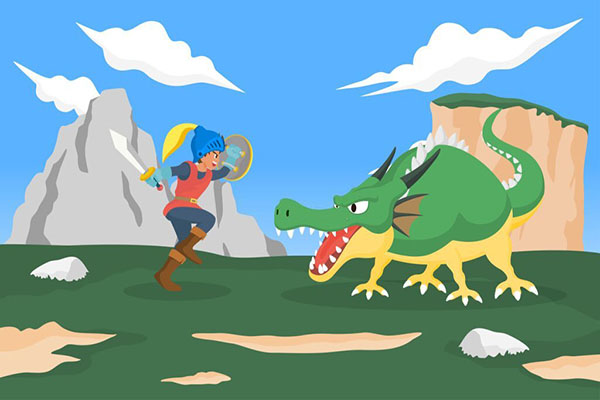
It’s basically choking things until they’re dead and then stabbing them a bunch.
I’m going to say, rogue.
Assassins and spies surprise attacks and stealth capabilities.
It’s not a warrior. I’m trying to think about the way that I play video games when I’m enjoying it or at least connecting with my character. It’s roguish. I don’t do lots of stealthy types of jobs or classes, but if I had to choose from these eight that I’m given, that’s the closest to how I like to play, assassinate, and destroy with my lightsaber/scythe.
It is important to recognize that different games are going to put little spins on this structure because when we try to create a universal list like that, there are going to be exceptions where it doesn’t quite fit that way. This is why when you compare different movies or books, you say so-and-so is a certain archetype. You might place Han Solo in Star Wars as a certain archetype. You then think, who’s the Han Solo in Lord of the Rings. For some people, that’s very hard because the qualities that stand out for Han Solo are different from an exact translation.
The qualities that stand out for them that represent Han Solo are not a direct translation into the existing characters in Lord of the Rings. They have to do a little bit of a translating process and say, “The qualities that are most important are in this character.” You mentioned Star Wars: The Old Republic in there with your lightsabers and your Sith Marauder playing super dark. Super dark is a specific shade that Jenny likes to exist in. Jenny, you’ve only heard of Sora and not Riku. It’s such a contradiction. I don’t understand.
This is a no-brainer slam dunk. I am the spell caster. In fact, the words of the classes I play in both of those MMOs are in the definition, mage sorcerer. Done. The reason is that spells for me in video games represent knowledge in the actual world. That is also a hint back to my Jungian idea that I approach a lot of problems with the idea from that classic Mortal Kombat line from the arcades, “There is no knowledge that is not power.”
We’ve talked about that from our wonderful exploration of Mortal Kombat in video games a couple of months ago. It’s such a foundational piece of what makes me excited by video games. It helps my self-esteem. It helps me enjoy being me in any room that I find myself in. Jenny, let’s go on the return and go back to our daily lives and take our next step forward. Archetypes, how much have we improved your knowledge of them?
There is no knowledge that is not power. Share on X
It’s a significant amount. I came in not knowing the names of the different archetypes, and now I’m familiar with at least a couple of them. I know you’re a sage. That’s without question. I’m still deciding on what category I fall into. I’d love to revisit this and think more about it.
It is a structure like personality types have been for our show. We can keep coming back and keep using them. The more we talk about different games and franchises, the more heroes we get to talk about. One of the games I didn’t get to go fully into that I started playing is Horizon Zero Dawn. I know the sequel came out this 2022, but I never played the first one. I was in academia mode and did not take on any grand requests besides my MMO games for several years of my life. I’m enjoying that.
Aloy is a good heroine in terms of the hero’s journey structure in the monomyth. I am enjoying the fallen world that she exists in and understanding how to develop her skills and triumph in these different situations. It’s going to be a lot of fun. The more I get into games like that, the more we will talk about what archetypes are being used and what phases of the hero’s journey are being translated. That’s what we try to do on this show. That’s one example.
There are so many different game stories I’m at different phases of interaction with now. If I could give you a treatment goal between now and the next time we meet, what game might you boot up and be able to share some hypotheses about archetypes and your connection with the characters in their journey?
It’s Final Fantasy XIV. There are lots of opportunities to explore in that game.
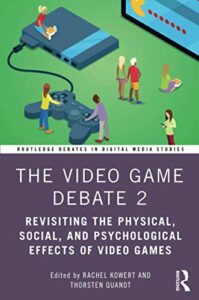
This could have been ordinary world stuff. Final Fantasy XIV had an update. Now there’s more story, and there’s a new alliance raid that I was able to do.
That’s fun. I love alliance raids.
You have more games to play, for sure.
I feel like this is a never-ending quest for me, but I have zero weddings in May 2022. It wasn’t intentional, but I’m keeping it that way so that I can catch up and do more fun things/take a vacation/play with my friends again.
What you’re saying is if we needed a musical theme that explains when it is we plan to play with you, it’s going to be May 2022.
That’s my favorite thing I’ve heard all day.
You need to hang out with your friends more on a random Tuesday. I have one last quest for everyone to collect for the day. Enjoy your archetypes in all the rooms you’re in, and continue the journey.
See you next episode.
Important Links
- Dr.Gameology – Twitch
- Apple Podcasts – The Gaming Persona
- Spotify – The Gaming Persona
- Google – The Gaming Persona
- The Video Game Debate 2: Revisiting The Physical, Social, and Psychological Effects of Video Games
- Geek Therapeutics
- @J.LeBronPhotography – Instagram
- JLeBronPhotography.com
